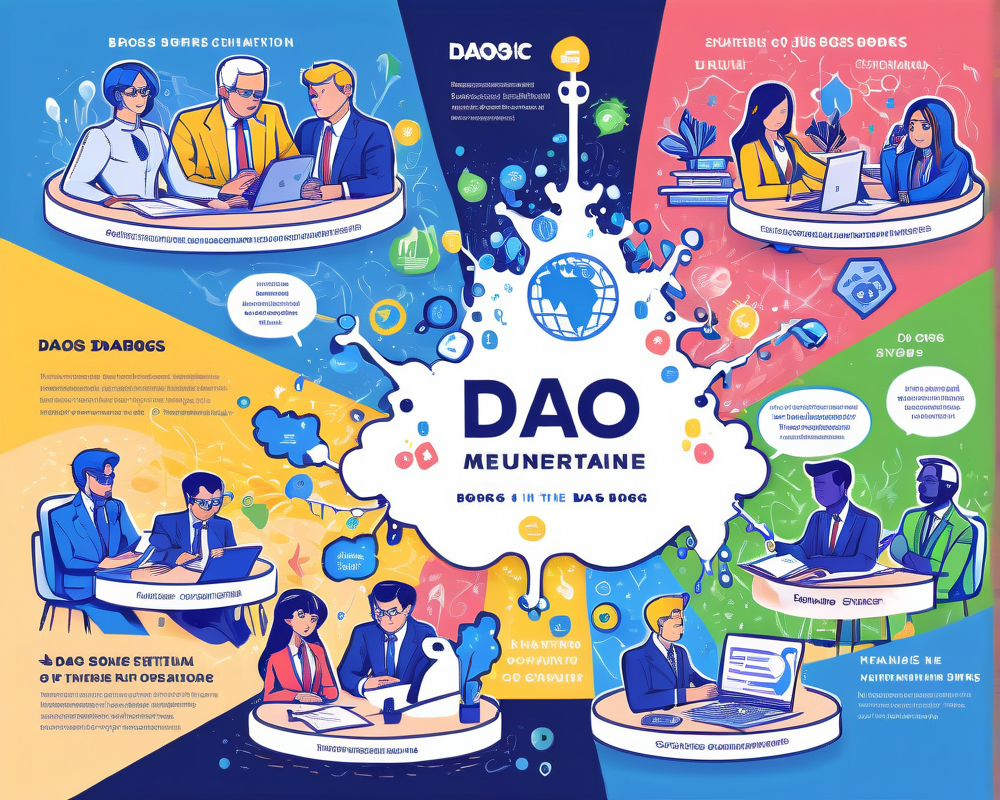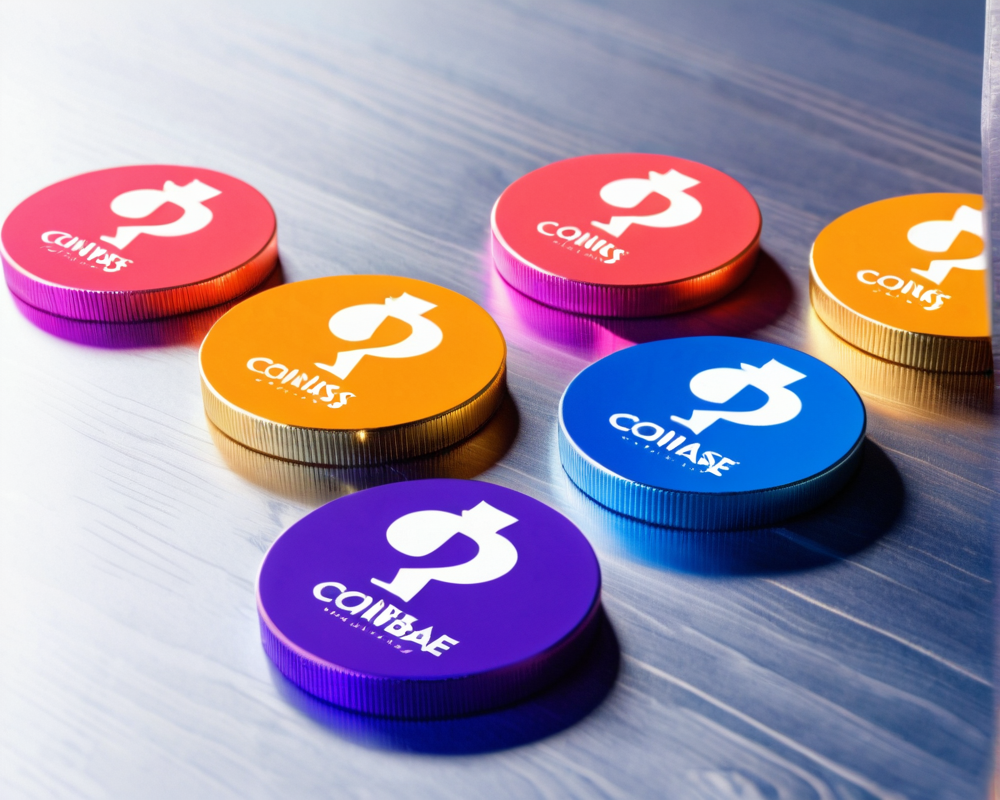What Exactly Makes a DAO a DAO?
A Decentralized Autonomous Organization (DAO) aims to disrupt the conventional corporate structure by distributing power among its members rather than a few shareholders. However, it seems like some self-proclaimed DAOs are more like traditional corporations in disguise. Isn’t it ironic? Imagine a virtual boardroom where everyone pretends to have a say, but ultimately, the same old suits are pulling the strings!
The Intriguing Introduction of BORGs
Enter BORGs, or Cybernetic Organizations, designed by the brains at Delphi Labs. These are basically AI bureaucrats on steroids, determining decisions without the clunky proposals of a DAO. However, BORG proponents have rushed to clarify that they don’t plan to be the shining knights of transparency or democracy. If anything, they’re like a slightly more efficient version of a traditional CEO, but in code form.
BORGs: More Bureaucratic than Democratic?
While BORGs can streamline decision-making, their rise could mean a decline in the democratic processes DAOs were meant to embody. Imagine them as that buddy who always says, “I got this!” while you sit back and realize they don’t really care about your input—your lovely ideas tossed out the window.
The Evolution of DAOs: A Response to Centralization
The history points to a clear need for DAOs: traditional corporations have become notorious for prioritizing shareholder profits over employee welfare. History shows us that these centralized systems often result in cost-cutting measures at everyone’s expense, leading to dissatisfaction that could fuel revolutions! Viewed this way, DAOs are like the rebels in a Shakespearean drama against the villainous corporations of yore.
Community Engagement: The Heartbeat of DAOs
If DAOs are the new kids on the block aiming for a fairer structure, then community engagement is their secret weapon. Members need to stand up, raise hands, and vote with more than just their wallets. Decisions crafted in transparency are far superior to those made in the shadows of algorithmic efficiency. A party without guests feels more like a dictatorship in disguise.
The Legal Landscape: DAOs in Uncharted Territories
The legal ramifications surrounding DAOs and BORGs resemble a winding road with treacherous turns. Can BORGs truly protect DAO members from legal responsibility? The answer is murkier than your uncle’s questionable beer in the garage. While they may shield some decisions, on-chain activities still emerge as a potential minefield for teams. Cue ominous music!
BORGs vs. DAOs: What’s the Verdict?
In the tug-of-war between BORGs and DAOs, the philosophical question arises: should we lean towards automated efficiency or democratic engagement? Well, while BORGs offer ease, they risk dulling the creative spirit that decentralization acknowledges. If we want to evade the perils of corporate greed, we need to focus on community-driven solutions instead of passively accepting an AI following orders from a few tech-savvy entrepreneurs.




